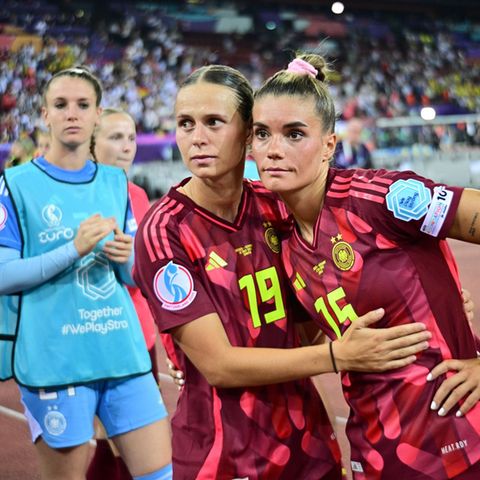He milk sector of Uruguay is going through a difficult moment that, it seems, could become even more complicated with the upcoming scenario: the tax modifications in Brazil —with the aim of stopping milk imports from the countries of the Mercosur and encourage the local sector—, added to the fact that placements in this area in China They cannot recover, and in August fell 11% year-on-year.
Exports have been falling on a general level – September was no exception -, particularly with China, whose prices do not rise even after a certain economic reactivation following the impact suffered by health policies around Covid-19. This is also observed in terms of milk exports from Uruguay to the Asian country, which were 246,922 tons in August compared to 276,912 tons in the same month in 2022, as reported by Blasina y Asociados.
This represents a drop of 11% in terms of volume placed. Considering the value of the products, the drop was 20%.
By products, those with greater volume, such as powdered milk, fluids and whey, fell; while those of lesser relative importance showed increases.
In the case of purchases of whole milk powder by China —the main product of the sector exported by Uruguay- fell: they went from 30,063 tons in August of last year to 28,872 in August of this year, marking a 4% decline. Imports of skimmed milk powder, in particular, fell 36%. Cheeses registered increases as well as butter.
The outlook for 2023, in general, is not very encouraging either. So far this year, the drop in volume of dairy placements in china is from 9.4%. If the specific figures for whole milk powder are observed, the year-on-year decrease is 38%, with 351,213 tons compared to 570,180 a year ago. In value, the decrease is 8%.
Alert for the dairy sector from Brazil
The federal government of Brazil will decree a tax measure seeking to try to stop imports of milk from the countries of the Mercosurbased on the modification of the tax benefits enjoyed by dairy importing establishments, originally created to encourage internal competitiveness.
In the coming days, the decree that changes the tax incentives granted to agroindustries, cooperatives and dairy sectors, which participate in the Mais Leite Saudável Program (PMLS), of the Ministry of Agriculture and Livestock (MAPA)as reported by O Globo.
The current rule establishes that companies that are part of the program can take advantage of up to 50% of the presumed PIS and Cofins credits, in relation to the purchase of milk to producers to reduce other federal taxes, or to receive a cash refund.
The counterpart of these credits is that at least 5% of the value is allocated to projects that benefit the competitiveness of national production, such as, for example, technical assistance actions for Brazilian livestock farmers.
Based on a demand from the Confederação da Agricultura e Pecuária do Brasil (CNA) and the Organization of Brazilian Cooperatives (OCB) Last September, the government sought to limit the benefit of using 50% of the presumed credits to establishments that only buy from national producers, while companies that buy milk Abroad they must continue with standard taxes and will be able to use only 20% of these credits.
Source: Ambito




